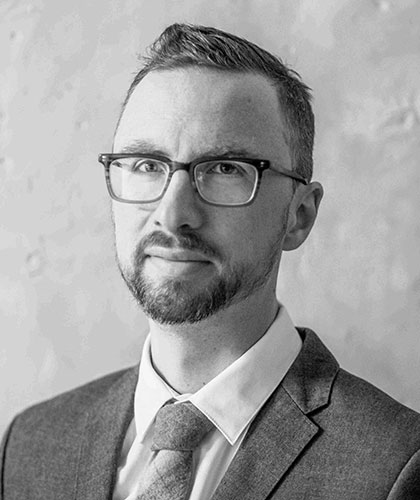DoseCheck is the world’s first consumer-level, drug-checking technology designed specifically for people who use drugs and frontline service providers.
The challenge
Fentanyl and other ultra-potent opioids, often in combination with other drugs, have triggered a surge in overdose deaths. Opioid use accounted for one in six deaths of young adults in Ontario before COVID-19; after the pandemic, rates of overdose mortality have increased. In British Columbia, ground zero for this epidemic, the magnitude of overdose deaths has reversed Canadian life expectancy for the first time since the 1960s. In the most hard-hit provinces—British Columbia, Alberta, and Ontario—more people have died of overdoses since the fentanyl era began in 2016 than have died of COVID-19. This is a national public health crisis. Unlike the pandemic, however, Canada has failed to mount an all society response, despite the fact that overdose mortality disproportionately victimizes young people.
One of the main reasons people are dying of overdose is that they don’t know what substances are in the drugs they are taking, and these drugs are often contaminated with deadly adulterants, like fentanyl or carfentanil. This is especially true of people who are chronically homeless and have untreated substance use, along with street-involved youth.
Drug-checking services can help save lives by providing people who use drugs detailed analysis about the contents of their drugs, which helps them make safer choices to avoid overdose. The problem is that reliable and adaptive drug checking technologies cost between $25,000 and $100,000 (for an entry-level lab instrument) or around $1 million (for the ‘gold standard’ technology, known as mass spectrometry), and require trained technicians to operate. That leaves many people at high risk of dying of overdose with no access to these lifesaving technologies.
Our solution: a smartphone-compatible portable drug-checking device
Scientists at MAP Centre for Urban Health Solutions are at the global forefront of designing and bringing non-judgmental, life-saving solutions to those who use drugs—connecting people to care when and where they need it.
One of these innovative solutions is DoseCheck, the world’s first consumer-level, drug-checking technology designed specifically for people who use drugs and frontline service providers.
DoseCheck works: it meets, and in some ways exceeds, the analytic capabilities of existing lab-based technologies.
It is fast: it delivers results in approximately two minutes.
It is inexpensive: the device will cost in the low hundreds, while each test kit (a disposable sensor and vial filled with saltwater) costs a few dollars.
It can be used by anyone: unlike other technologies, it does not require expert training to operate.
And it can be used anywhere: DoseCheck battery-powered, Bluetooth-enabled and portable.
DoseCheck works by testing samples using a combination of differential pulse voltammetry and electrochemical sensing on the device. Test results are then transmitted via BlueTooth to a smartphone app for analysis. This keeps the costs low, and the smartphone app can be updated regularly as the street drug market shifts.
The added bonus: The app is free to download and test results can be anonymously shared with others who have downloaded it to spread the word about dangerous contaminants across local regions.
How we plan to do this
- Validate DoseCheck accuracy vs. the gold standard for drug checking (mass spectrometry), to be completed at the St. Michael’s Hospital biochemistry lab. Field test the device at frontline community health agencies in Toronto and Vancouver.
- Undertake additional community pilots. Complete manufacturing prototypes: a final version of the free smartphone app which includes secure, cloud-based sharing of test results among everyone who has downloaded it.
- Distribute to communities of need begins, with year one goal of 1,000 devices delivered.
Why this matters
DoseCheck is specifically designed to meet the needs of those forgotten in the public health response to the overdose epidemic – people who, because of geography, poverty or fear of stigma, aren’t able to access drug checking services. The number of drugs that the device can detect is growing by the day.

